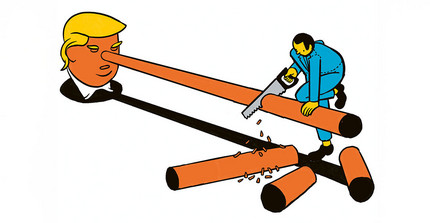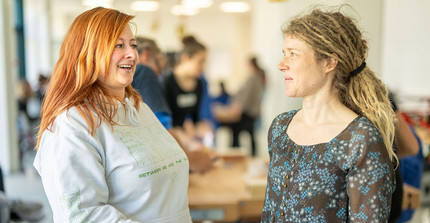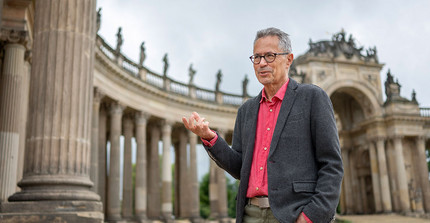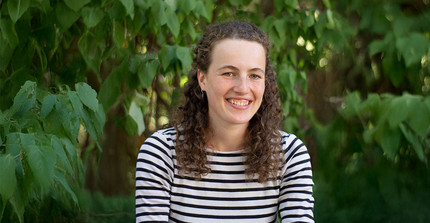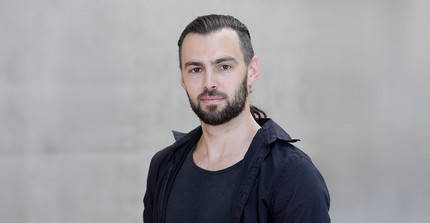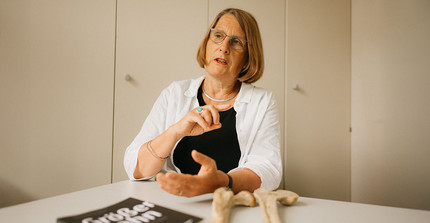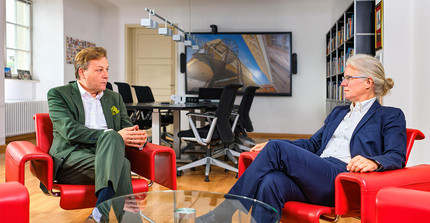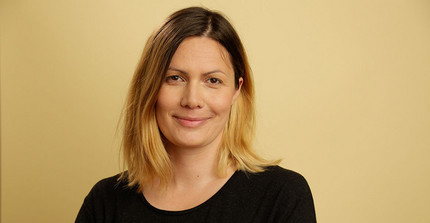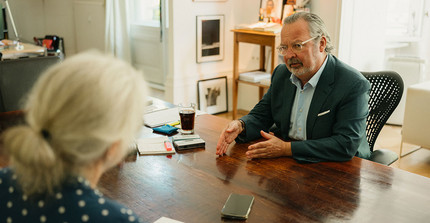Dear Readers,
We are living under the rule of the people: in Germany and in many other democracies, we elect representatives to parliaments who are meant to represent our interests and make political decisions on our behalf. But what if these elected representatives do not want to strengthen, but rather undermine, this principle? We can currently witness this in many countries. And indeed, democracies are apparently on the decline worldwide. Almost three-quarters of all people currently live in authoritarian societies, and the number is growing.
In this issue, we ask about the possible reasons for this. Does the internet or social media have something to do with it? They were once considered saviors in terms of political participation. In the meantime, they have also become a breeding ground for rumors, falsehoods, and political manipulation. Neither the traditional media nor political actors are immune to falling prey to disinformation. But we also ask what we can do to ensure that we, as a society, continue to have a say and do not lose our rights to freedom of expression, to the full development of our personalities, or to equality before the law. How can we get back into conversation even if we have different opinions – for example, in the workplace? Who can protect us from violence that arises on the web? How can the university contribute to the education of politically committed and democratically competent personalities? And what role does science play in bringing clarity to the growing maze of true and false information?
We talked to researchers about how we, as a society, can come together despite all our differences and remain in dialogue about our political system, which is not beyond reproach and must be constantly re-examined. How we manage to ensure that not every disagreement becomes a crucial test, and how we find our way back from escalations, scandals, and extreme emotions to a sincere interest in one other and an acceptance of differences.
As always, you can also look forward to more stories from the fields of studies, research, and society. For example, how artificial intelligence is changing our everyday lives at the university, what role digital applications could play in children’s psychotherapy, or how flying can become more sustainable in the future with the help of bacteria.
We wish you an inspiring read.
The editorial team




